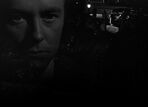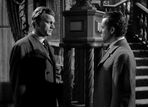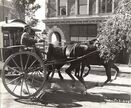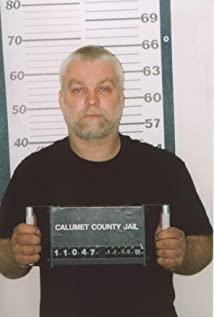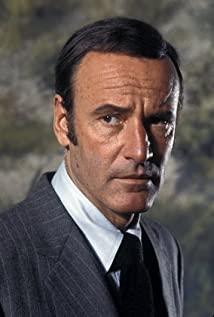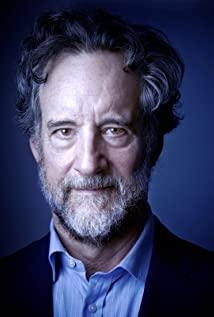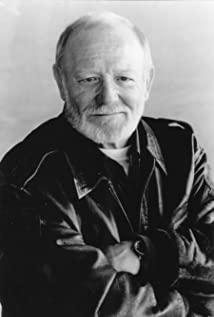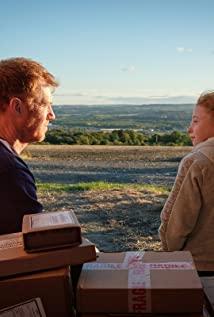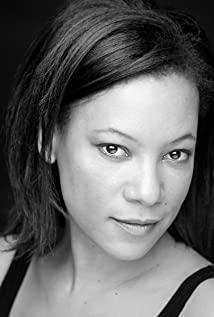-
Makayla 2022-03-13 08:01:01
The Magnificent Ambersons FAQ
http://ambersons.com/FAQs.htm
What is The Magnificent Ambersons about?
The Magnificent Ambersons is about the proud and celebrated Amberson family. The story shows how the family refuses to change with the times, and the subsequent deterioration of the Amberson name as a result.
The story is set... -
Antonio 2022-03-13 08:01:01
ghost
8.0
In order to commemorate the 80th anniversary of the film, the director's cut has the opportunity to be retrieved and released. If there is a chance, I would like to see the whole picture. Classical music is different from folk music, the latter responds to reality, but the former is detached, it...
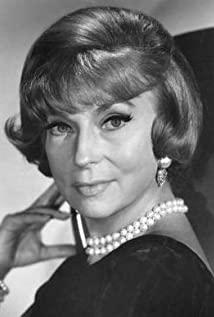
Agnes Moorehead
Early Experience
Performing Experience
Personal Life
-
Crystal 2022-03-24 09:03:46
Even in this remnant that has been poisoned by savage hands, we can still see the glory and grandeur built by Orson Wilson. Yet all grandeur must be annihilated, which is the most disturbing message of this ruined masterpiece. Everyone in the big house was thinking of the grace and unfinished desires of the past, and the undead past cast countless shadows on these people, blinding their eyes to the present. Yes, who is willing to give up the grand and magnificent sight? Studios and audiences don't want to see any decay, so try to misinterpret it. And that weird ending turned out to be the movie's best irony: you viewers! I would rather believe in hypocritical tenderness than see the vicissitudes of history.
-
Liliane 2022-03-22 09:02:57
King Solomon - Orson Welles
Related articles
The Magnificent Ambersons quotes
-
Maj. Amberson: So your devilish machines are going to ruin all your old friend, eh Gene? Do you really think they're going to change the face of the land?
Eugene: They're already doing it major and it can't be stopped. Automobiles...
[cut off by George]
George: Automobiles are a useless nuisance.
Maj. Amberson: What did you say George?
George: I said automobiles are a useless nuisance. Never amount to anything but a nuisance and they had no business to be invented.
Jack: Of course you forget that Mr. Morgan makes them, also did his share in inventing them. If you weren't so thoughtless, he might think you were rather offensive.
Eugene: I'm not sure George is wrong about automobiles. With all their speed forward they may be a step backward in civilization. May be that they won't add to the beauty of the world or the life of the men's souls, I'm not sure. But automobiles have come and almost all outwards things will be different because of what they bring. They're going to alter war and they're going to alter peace. And I think men's minds are going to be changed in subtle ways because of automobiles. And it may be that George is right. May be that in ten to twenty years from now that if we can see the inward change in men by that time, I shouldn't be able to defend the gasoline engine but agree with George - that automobiles had no business to be invented.
-
[last lines]
Eugene: Fanny, I wish you could have seen Georgie's face when he saw Lucy. You know what he said to me when we went into that room? He said, "You must have known my mother wanted you to come here today, so that I could ask you to forgive me." We shook hands. I never noticed before how much like Isabel Georgie looks. You know something, Fanny? I wouldn't tell this to anybody but you. But it seemed to me as if someone else was in that room. And that through me, she brought her boy unto shelter again. And that I'd been true at last, to my true love.


